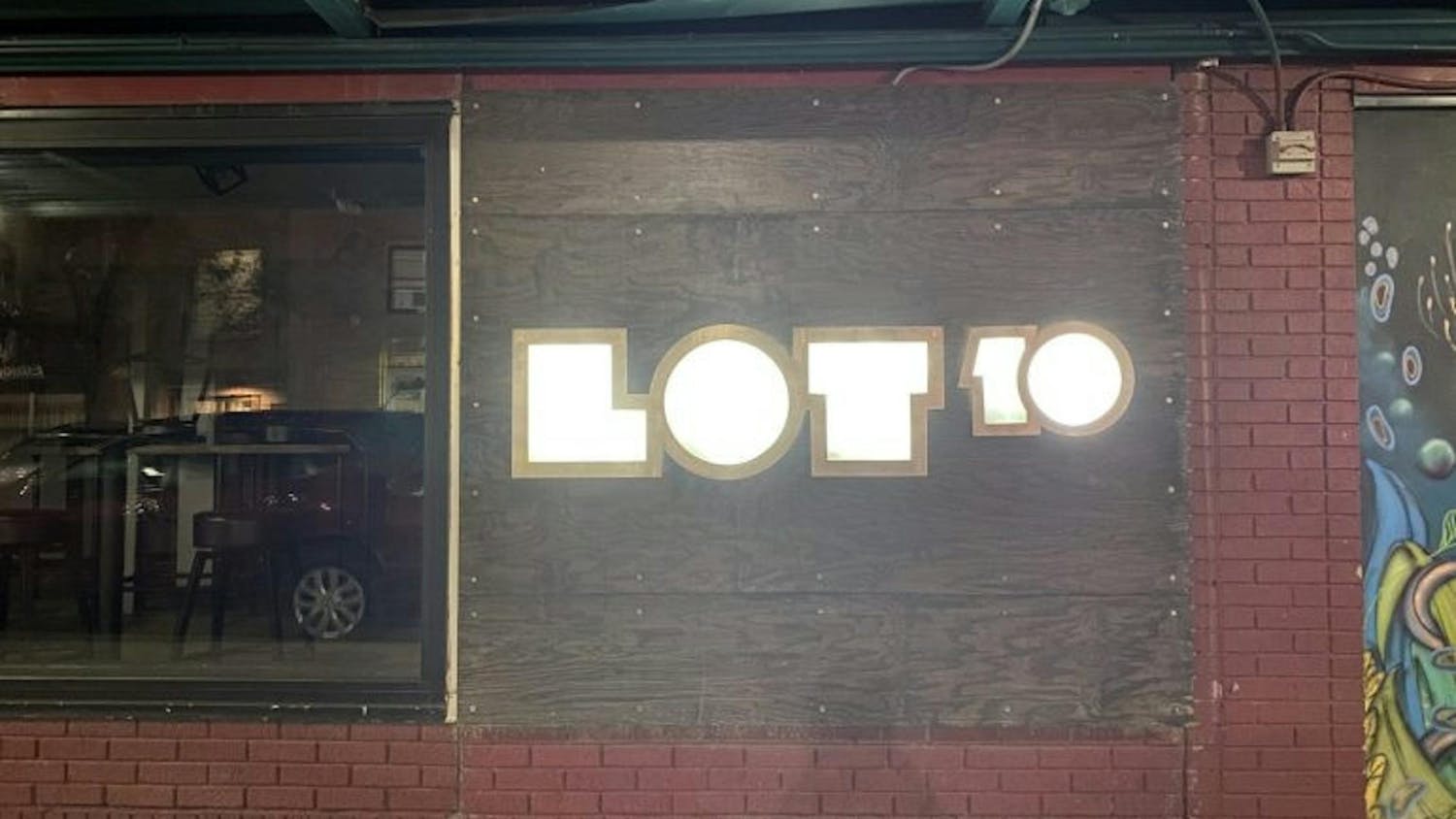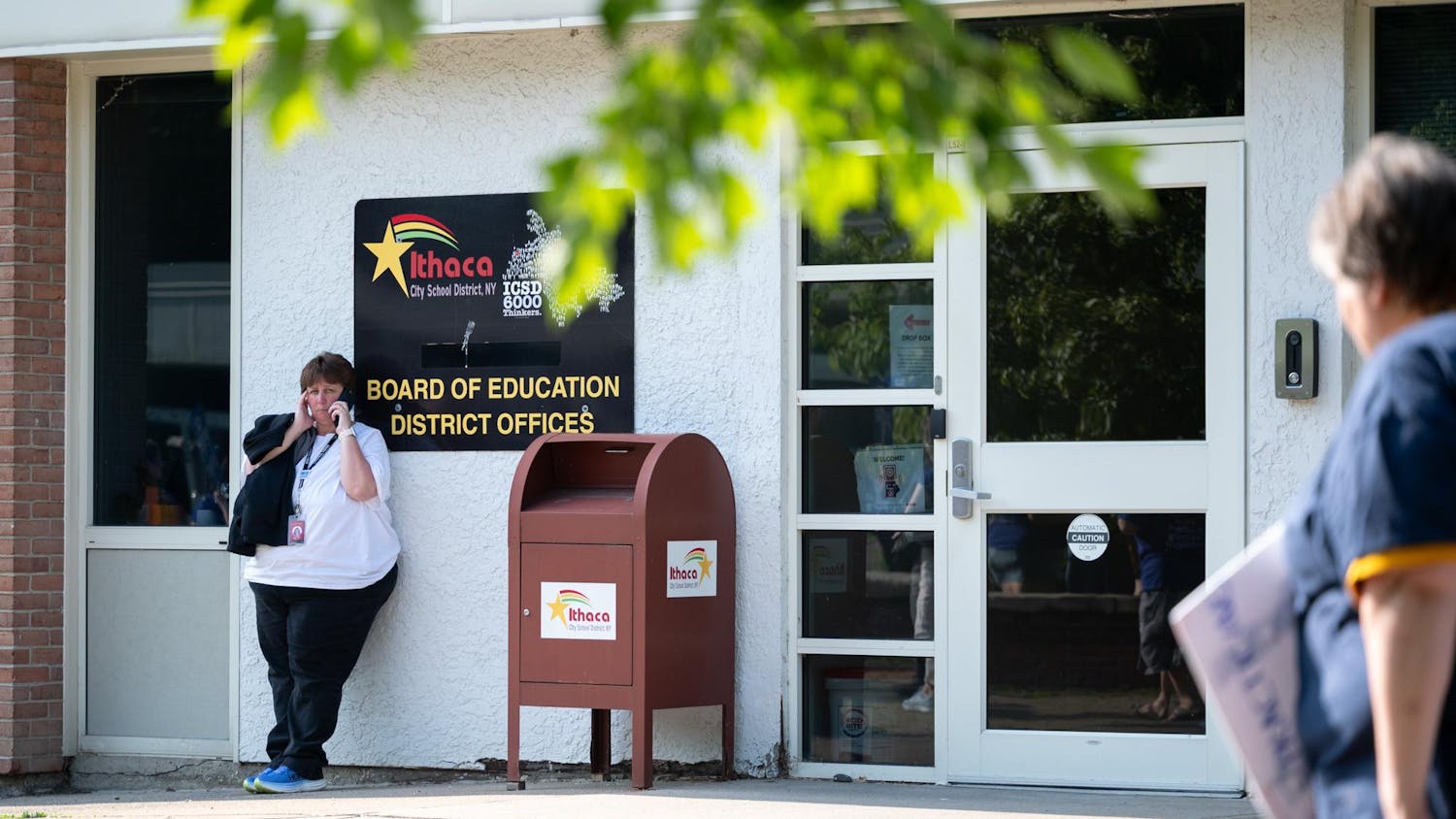Ducson Nguyen assumed the role of new chair of the Tompkins Consolidated Area Transit Board of Directors on Jan. 24.
“I joined the rotation [for chair] because I love TCAT,” Nguyen told The Sun. “It is essential to the mission of the City, which is reducing single vehicle usage, cutting down the amount of traffic, improving sustainability [and] allowing for development without having to build extra parking lots.”
The City of Ithaca, Tompkins County and Cornell University serve as the three local underwriters for TCAT. Each underwriter can nominate three people to serve on the nine-person board. A new chair is then elected each year on a rotating basis based on the recommendations of the underwriters.
According to the press release from TCAT, Nguyen promised “significant, but exciting challenges ahead.”
Nguyen said the biggest challenge is establishing a new site to house TCAT, a decision complicated by location and cost.
“TCAT has already outgrown its facility,” Nguyen said, citing complaints about frequent full buses from Cornell students and increasing development throughout the entire county, most notably downtown Ithaca. “Service needs will only increase from here on out and we are already at capacity.
“We need a new facility, but choosing a new facility is hard because of location and cost,” he said.
Since the TCAT is government-funded — fares only support a small portion of its operating costs — it relies on community support to run.
Other challenges include developing a new farebox system that would allow riders to pay with their phones or online, ordering new electric buses which are quieter and more environmentally-friendly and creating a potential new downtown route.
While these changes require a substantial amount of work, Nguyen hopes these initiatives will “bring TCAT into the 21st century.”
While all three underwriters pay an equal amount to the company, Cornell has a unique agreement with TCAT, where first-year Cornell students, employees and retirees are allowed to ride for free.
When asked about his main goal as chair, Nguyen talked about implementing TCAT’s recently released strategic plan, which outlines goals for the company, including improving customer service quality.
“Part of the strategic plan is also to re-evaluate how the board should be set up and how we can best support the company,” Nguyen said.
Nguyen aims to improve the board as a support structure for the general manager and staff, exploring the idea of revamping committee structures and changing meeting layouts.
“I am most excited to work with our board. The board has three new members, so a third of the board is new,” Nguyen said. “The people we have brought on are super committed and talented.”
Nguyen, recommended by the City of Ithaca, previously served on the board for three years. He succeeded Frank Proto, who served as chair in 2018.
“I think our relationship is great,” Nguyen said. “They are a great partner. That agreement is really important for TCAT’s funding. Cornell in the past has provided short-term assistance when certain grants haven’t come in on time.”
Nguyen noted that TCAT’s upcoming challenges and changes will benefit Cornell specifically. He said he hopes the expansion of fleets would accommodate increased ridership, addressing the student complaints about overcrowded buses.
“Those of you who are stuck on packed buses can hopefully see some relief in the coming years,” he said.
When asked what the Cornell and greater community should know about the future of TCAT, Nguyen pointed towards the expansion of their service.
“The Cornell urban routes are the most packed, and so we are going to expand our fleet to accommodate increased ridership,” he said.
Nguyen wants the community to know that TCAT is always looking for feedback on how they can do better. Passengers can input feedback on the TCAT website.











